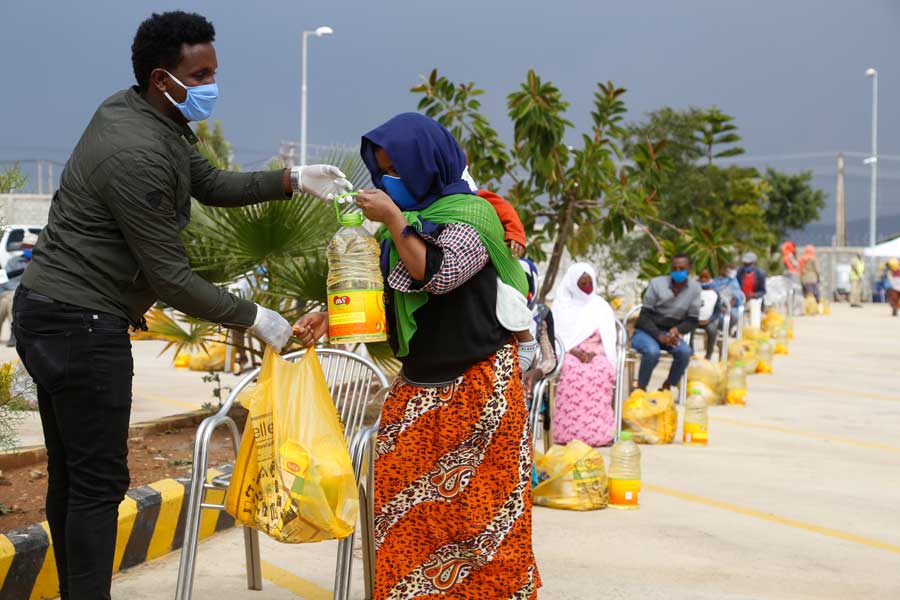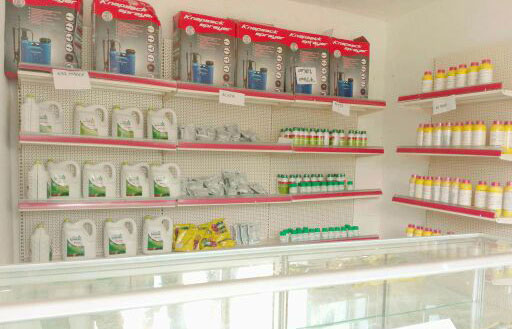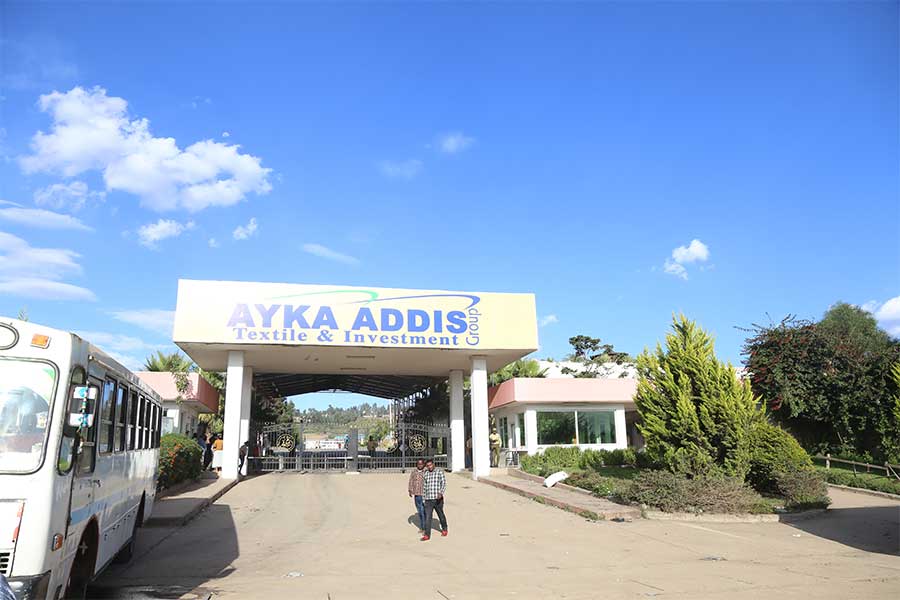
Fortune News | Jun 07,2020
Mar 20 , 2021
By HAWI DADHI
The federal agency responsible for national statistics will give a closer look at how well the fourth round of the Productive Safety Net Programme (PSNP IV) has fared over the past five years in meeting its target.
The Programme is an intensive donor-financed rural food-security initiative designed to provide food security to households. It was approved seven years ago with a total cost of 2.6 billion dollars secured in the form of a loan from the World Bank. An additional 100 million dollars in loans were made by the Bank in 2016. The previous three phases of the programme required investments of 70 million dollars, one billion dollars, and the largest of all at 1.7 billion dollars, respectively.
The major components of the Public Safety Net Programme include the regular transfer of cash or food to eight million chronically food-insecure people in areas most often hit by drought. The programme also looks to improve drought response mechanisms and enhance the productivity and output of farmers and pastoralists.
The Central Statistics Agency (CSA) is now set to conduct monitory and evaluation surveys to see whether the Programme has achieved its goals. The International Food Policy Research Institute (IFPRI) is tasked to compile data and document the findings from the CSA`s survey. The data gathering process is expected to take about a month, and the survey may cost 114 million Br.
The field survey will begin in a few weeks, involving 1,164 surveyors, 220 supervisors, and 72 senior statisticians. Over half of the supervisors and 41 statisticians are tasked to conduct surveys in selected kebeles in the form of focus group discussions, which requires more experience, according to Ahmed Ibrahim, head of Agricultural & Natural Resources Statistics at the CSA.
The survey aims at investigating key principles of the project that have been implemented such as fairness and transparency of the selection of beneficiary weredas and individuals as well as the amount, frequency, and timing with which direct monetary support has been provided, Ahmed said.
Experts caution the methodology used to measure the impact of the Programme. The evaluation could be done in a segregated manner, rather than taking the average value of impact, according to Tilahun Amede (PhD), country representative of the International Crops Research Institute for the Semi-Arid Tropics (ICRISAT) and former lecturer of food security at Addis Abeba University.
"Averages might dilute results from areas that did not perform well, which will make it difficult to draw appropriate policy change indicators," he told Fortune.
He believes documented beneficiaries are not the only ones who enjoy the benefits but also neighbors as well.
Commenced five years ago under the Food Security Facilitation Directorate at the Ministry of Agriculture, the Programme covers all regional states except for Gambella and Benishangul-Gumuz.
However, it is very unlikely that the survey will be carried out in Tigray Regional State, where insurgents of the TPLF are fighting federal forces.
"The current conditions of the conflict-torn region have made it uncertain whether the survey will actually happen there," Ahmed told Fortune.
PUBLISHED ON
Mar 20,2021 [ VOL
21 , NO
1090]

Fortune News | Jun 07,2020


Fortune News | Jun 29,2019

Radar | Nov 21,2020

Fortune News | Jan 05,2020

Agenda | Sep 14,2024

Commentaries | Dec 26,2020

Radar | Nov 21,2018

Radar | Oct 12,2019

Radar | Aug 08,2020

Dec 22 , 2024 . By TIZITA SHEWAFERAW
Charged with transforming colossal state-owned enterprises into modern and competitiv...

Aug 18 , 2024 . By AKSAH ITALO
Although predictable Yonas Zerihun's job in the ride-hailing service is not immune to...

Jul 28 , 2024 . By TIZITA SHEWAFERAW
Unhabitual, perhaps too many, Samuel Gebreyohannes, 38, used to occasionally enjoy a couple of beers at breakfast. However, he recently swit...

Jul 13 , 2024 . By AKSAH ITALO
Investors who rely on tractors, trucks, and field vehicles for commuting, transporting commodities, and f...

Nov 1 , 2025
The National Bank of Ethiopia (NBE) issued a statement two weeks ago that appeared to...

Oct 25 , 2025
The regulatory machinery is on overdrive. In only two years, no fewer than 35 new pro...

Oct 18 , 2025
The political establishment, notably the ruling party and its top brass, has become p...

Oct 11 , 2025
Ladislas Farago, a roving Associated Press (AP) correspondent, arrived in Ethiopia in...